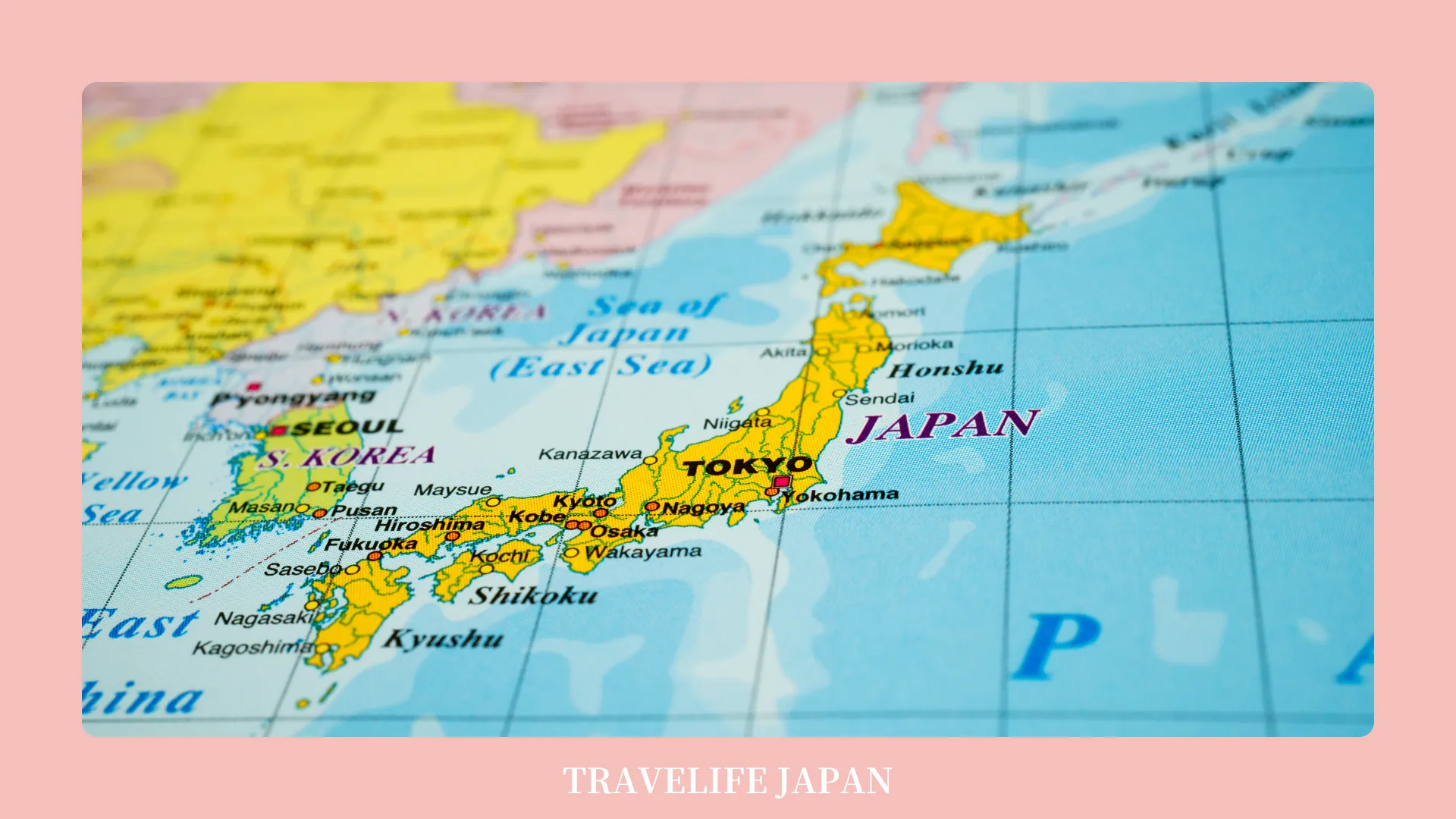Wondering how to choose the right Japanese language school for your needs? Navigating the vast array of options can be daunting, but understanding your priorities—from academic goals to cultural immersion—can significantly simplify the process. Here, we explore key factors to consider, ensuring you make an informed decision tailored to your aspirations.
Choosing by Purpose

When it comes to selecting a Japanese language school, understanding your ultimate goals is paramount. Are you setting your sights on academic heights with a Japanese university or aiming to boost career opportunities in Japan? Perhaps your quest is more about cultural immersion, exploring Japan’s diverse landscapes, or mastering the language for daily communication.
There are primarily two types of Japanese language schools: those geared towards university preparation, and what are often termed “communication-based” schools. If university is in your plans, opt for a government-accredited institution. These schools not only secure student visas but also specialize in university exam prep, though they might lean more on rote learning than on conversational skills. They usually require a minimum one-year commitment, with student intake occurring biannually or quarterly.
On the flip side, if your aims are broader—be it work in Japan, cultural exploration, or enhancing conversational fluency—a communication-focused school is likely more up your alley. These schools offer flexible schedules and prioritize speaking and listening just as much, if not more, than reading and writing. This approach is especially beneficial if you’re studying Japanese from abroad, where speaking and listening opportunities in a native context are limited. A school that complements your existing knowledge with practical language use can significantly boost your fluency.
In essence, choosing the right Japanese language school involves careful consideration of your long-term objectives and selecting a program that aligns with your needs. Whether it’s the structured environment of a university prep school or the dynamic, conversation-rich atmosphere of a communication-based institution, your decision will pave the way for a fulfilling and enriching educational experience in Japan.

Choosing by Location

Choosing the right location for your Japanese language studies is a decision that can significantly influence your learning experience and overall stay in Japan. While many gravitate towards the bustling life of Tokyo, others seek the unique experiences offered by cities beyond the capital. Each city presents its own set of advantages, cultural nuances, and opportunities for language immersion.
Tokyo, as the vibrant heart of Japan, is a magnet for students desiring a dynamic environment filled with endless networking opportunities, cultural sites, and educational institutions. Its language schools cater to a broad spectrum of needs, from intensive courses to casual learning, set against a backdrop of high living costs.
Fukuoka emerges as a favored alternative for those looking for a blend of urban life and cultural warmth. With its friendly community, temperate climate, and more affordable living costs, Fukuoka offers a supportive environment for language learners. The city’s laid-back atmosphere, combined with the quality language instruction found at schools like GenkiJACS, makes it a prime choice for students seeking both academic rigor and a chance to deeply connect with local culture and people.
Osaka and Kyoto also stand out as captivating options. Osaka is celebrated for its culinary delights and genial locals, providing a perfect setting for students eager to engage in practical language use daily. Meanwhile, Kyoto, the epitome of Japan’s rich historical and cultural heritage, offers a serene study environment with the added benefit of cultural classes that enrich the language learning experience.
The decision on where to study should reflect not only your language learning goals but also your lifestyle preferences and interests. Whether it’s the metropolitan allure of Tokyo, the cultural immersion in Kyoto, the friendly encounters in Osaka, or the warm embrace of Fukuoka, each city has its unique charm and potential for enriching your language skills and understanding of Japanese culture.
It’s also worth considering the different climates across Japan, from the snowy winters in the north to the subtropical climate of Okinawa, which can affect your study experience.

Choosing by Budget

When it comes to choosing a Japanese language school, your budget plays a crucial role in determining where and how you’ll study. A comprehensive budget plan not only covers tuition fees but also encompasses living costs, accommodation, and other miscellaneous expenses that you’ll encounter during your stay in Japan. Here’s how to navigate the financial aspects of selecting a language school:
- Understanding Tuition Fees
Tuition costs are often the first big-ticket item on any student’s budget. Prices can vary widely between schools, depending on their prestige, location, and the comprehensiveness of their programs. It’s vital to compare these costs across different institutions, keeping in mind that the most expensive option isn’t always the best. Some schools may offer financial assistance, scholarships, or payment plans to make their programs more accessible. - Accommodation and Living Expenses
Where you live and how you choose to spend your day-to-day life in Japan will significantly affect your budget. Living in metropolitan areas like Tokyo or Osaka might provide more convenience and opportunities but at a higher cost. In contrast, smaller cities or rural locations can offer a more affordable living situation. Consider different housing options such as student dormitories, homestays, or shared apartments, each with its own set of costs and benefits. - Additional Costs
Beyond tuition and housing, there are other expenses to account for, including textbooks, transportation, food, and personal spending. These can vary greatly depending on your lifestyle and the city you choose to live in. Don’t forget to factor in the cost of health insurance, which is mandatory for students in Japan. - Exploring Financial Aid
Research all available financial aid options. Many schools offer scholarships that can cover a portion of your tuition or living expenses. Additionally, some programs may allow for part-time work, providing you with a way to earn money while you study and immerse yourself in Japanese culture.

Choosing by Student Support System

A key aspect of choosing a Japanese language school that often goes under the radar is the range of student support services available. These services not only enhance your educational experience but also provide a safety net during your stay in Japan. Here’s what to look out for:
- Accommodation Assistance
Finding a comfortable place to live while studying abroad is crucial. Check if your prospective language school offers dormitory options, facilitates homestay arrangements, or can connect you with reputable share-house providers. The convenience of having pre-arranged accommodation cannot be overstated, as it allows you to focus more on your studies and less on the logistics of living abroad. - Emergency Support
Life is unpredictable, and having access to emergency support services can be immensely reassuring. Confirm whether the school has dedicated staff or a service hotline for handling urgent situations. Knowing that there’s someone you can turn to in times of need—be it for health issues, legal advice, or personal emergencies—can make a significant difference in your overall well-being. - Employment and Career Services
For many students, part-time jobs are an essential part of the study abroad experience, offering not just financial relief but also valuable work experience in a Japanese context. Investigate whether the school provides assistance with finding part-time work, including job placements that are compatible with your study schedule. Additionally, explore if the school offers career services or job linkage post-graduation, which can be a tremendous asset if you’re considering staying in Japan to work after completing your language course.
Researching Japanese Language Schools

International Accreditation and Government Approval
A school’s accreditation is the first indicator of its credibility and quality. Look for schools that have international accreditation marks and are approved by the Japanese government. This ensures that the institution meets specific standards of education and, importantly, that you are eligible for student visas if you’re coming from abroad.
Curriculum and Employment Support
A school’s curriculum should align with your goals, whether they’re academic achievement, career advancement, or cultural immersion. Programs offering business classes, part-time job support, and employment linkage stand out for those aiming to work in Japan. Additionally, the preparation and continuous training of teachers to adapt to diverse student needs can indicate a school’s commitment to high-quality education. Activities integrated into the curriculum can enhance learning by providing practical language use and cultural exposure.
Facilities
Facilities can greatly impact your study experience. Consider whether the school offers dormitory options or assistance in finding accommodation, as well as the availability of conducive study spaces. Well-equipped facilities can make a significant difference in your daily life and comfort.
Student Reviews
In our digital era, student reviews have become invaluable for gleaning insights into various experiences. Scouring Google, Facebook, and Instagram for personal testimonials can offer you a glimpse into the learning atmosphere, the caliber of instructors, and the vibrancy of student life at Japanese language schools. Glowing testimonials from former and current learners act as powerful endorsements, whereas recurring grievances highlight areas of concern.
Don’t forget to check out community stories on our website or social media platforms for more personal narratives about life in Japan !!
Applying with Agency or Directly

Deciding between registering via an agency or directly with the school is a key consideration. Agencies offer tailored guidance and take care of the administrative load, potentially making your application process smoother. On the other hand, applying directly enables you to interact firsthand with the school, providing a clearer view of the program and its offerings. Generally, agencies tend to respond more swiftly than schools. If you’re uncertain about the application process for a Japanese language school, don’t hesitate to reach out to TRAVELIFE JAPAN for the FREE support.
Conclusion
Selecting the ideal Japanese language school is a journey that requires careful consideration of your personal, academic, and professional goals. By evaluating factors such as school accreditation, curriculum focus, location, budget, and student support systems, you can find a program that not only matches your learning objectives but also enriches your overall experience in Japan. Remember, the right school serves as a gateway to not just language proficiency but also a deeper understanding and appreciation of Japanese culture and opportunities.
\ Follow Our Community /
STUDY IN JAPAN
INQUIRE NOW
Please feel free to seek our help at NO COST.
We are looking forward to meeting you!








